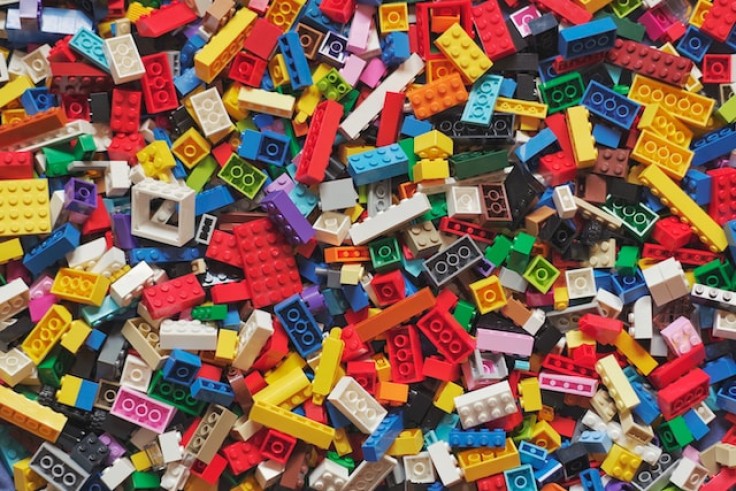
LEGO is a word synonymous with childhood, vibrant blocks, and limitless imagination. Since its inception in 1932, LEGO has transcended its identity as a mere toy, becoming a tool for creativity, problem-solving, and learning. But how exactly does this iconic plastic brick contribute to a child's development? Let's dive in and explore the myriad benefits of children playing with LEGO.
1. Fostering Creativity and Imagination
Every single LEGO block serves as a blank canvas for children. Whether it's constructing towering skyscrapers, intricate vehicles, or fantastical creatures, the combinations are virtually endless. This open-ended play stimulates the imagination, allowing children to create and modify their designs, experimenting with different ideas. It's a hands-on experience that encourages them to envision and innovate without boundaries.
2. Developing Fine Motor Skills
The act of picking up, placing, and pressing LEGO bricks together or pulling them apart can be a meticulous task. This requires concentration and precision, and as children engage in these activities, they enhance their fine motor skills. These are essential for tasks like writing, buttoning clothes, and other detailed hand-eye coordination tasks that they'll encounter throughout their lives.
3. Cultivating Problem-Solving Skills
LEGO sets, especially the advanced ones, come with instructions to build specific models. As children follow these steps, they often encounter challenges: a missing piece, a misstep in the sequence, or a structural issue that makes their creation collapse. Navigating these hurdles teaches resilience, patience, and problem-solving. They learn the valuable lesson that mistakes can be corrected and challenges can be overcome with perseverance and a bit of ingenuity.
4. Enhancing Mathematical Thinking
At its core, LEGO play is a game of numbers and spatial awareness. Children inadvertently grasp the basics of geometry (shapes and symmetry), arithmetic (counting and patterns), and even basic engineering principles as they balance and build their structures. The stackable nature of LEGO bricks introduces them to concepts of size, measurement, area, and volume in intuitive and playful ways.
5. Promoting Teamwork and Communication
While LEGO can be a solitary activity, it often becomes a collaborative endeavor, especially with larger sets or group challenges. Children learn to share ideas, negotiate designs, allocate roles, and work together to bring a shared vision to life. These are foundational skills in teamwork, leadership, and effective communication.
6. Building Persistence and Concentration
Completing a complex LEGO model requires patience. Children learn the value of persistence as they work on their projects over extended periods, understanding that larger goals can be achieved piece by piece, step by step. This focus and determination will serve them well in academic pursuits and life challenges.
7. A Safe Avenue for Emotional Expression
Children, especially those who might be introverted or less verbally expressive, can use LEGO as a medium to convey their feelings, experiences, or stories. By building scenes or models, they can communicate emotions, concerns, or joys in a tangible form, providing caregivers and educators with insights into their inner world.
In conclusion, while the colorful blocks of LEGO might seem like simple toys at first glance, their benefits are profound and multifaceted. They are not just building blocks for play, but foundations for life skills. In an era dominated by digital screens and passive entertainment, LEGO offers an interactive, enriching, and educational escape. So, the next time you see a child immersed in a pile of LEGO bricks, know that they're doing much more than playing-they're learning, growing, and preparing for the future.
Related Article: Lego Toys Are Becoming More Violent To Attract Children's Attention In The Digital Age, Study Says